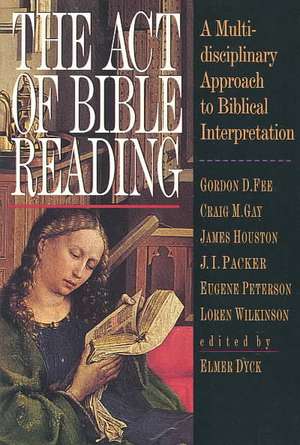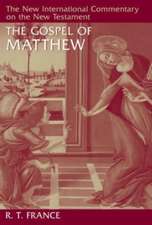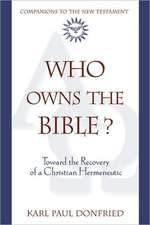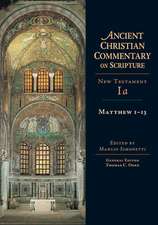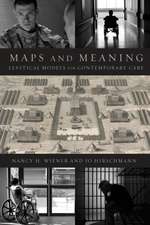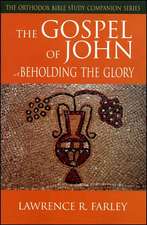The Act of Bible Reading
Editat de Elmer Dycken Limba Engleză Paperback – 30 apr 1996
Preț: 141.86 lei
Nou
Puncte Express: 213
Preț estimativ în valută:
27.15€ • 29.50$ • 22.82£
27.15€ • 29.50$ • 22.82£
Carte tipărită la comandă
Livrare economică 21 aprilie-05 mai
Preluare comenzi: 021 569.72.76
Specificații
ISBN-13: 9780830816231
ISBN-10: 0830816232
Pagini: 182
Dimensiuni: 137 x 208 x 14 mm
Greutate: 0.2 kg
Ediția:Print-On-Demand
Editura: IVP Academic
ISBN-10: 0830816232
Pagini: 182
Dimensiuni: 137 x 208 x 14 mm
Greutate: 0.2 kg
Ediția:Print-On-Demand
Editura: IVP Academic
Textul de pe ultima copertă
Many approaches for interpreting the Bible have been put forth in recent years. All have their strengths - and their weaknesses. Various members of the Regent College faculty join forces here to articulate a multidisciplinary approach that will enrich our reading of the Bible. Following an introductory caveat lector from Eugene Peterson, Gordon Fee and Elmer Dyck discuss history and canon, respectively, as contexts for interpretation, highlighting the importance of historical-grammatical interpretation within a canonical setting for understanding biblical texts. J. I. Packer explores the importance of theology, both as it informs and as it safeguards Bible reading. Craig M. Gay proffers key insights from sociology, especially the sociology of knowledge, as it cautions us to ask not only what the text says, but who says it says that and why should we believe what they are telling us it says. Facing the challenges of modern secular hermeneutics from Heidegger and Nietzsche to Derrida and Foucault, Loren Wilkinson counters the postmodern reaction against truth. James Houston closes out the discussion, emphasizing that the aim of Bible reading must be godliness and not mere scholarship.
